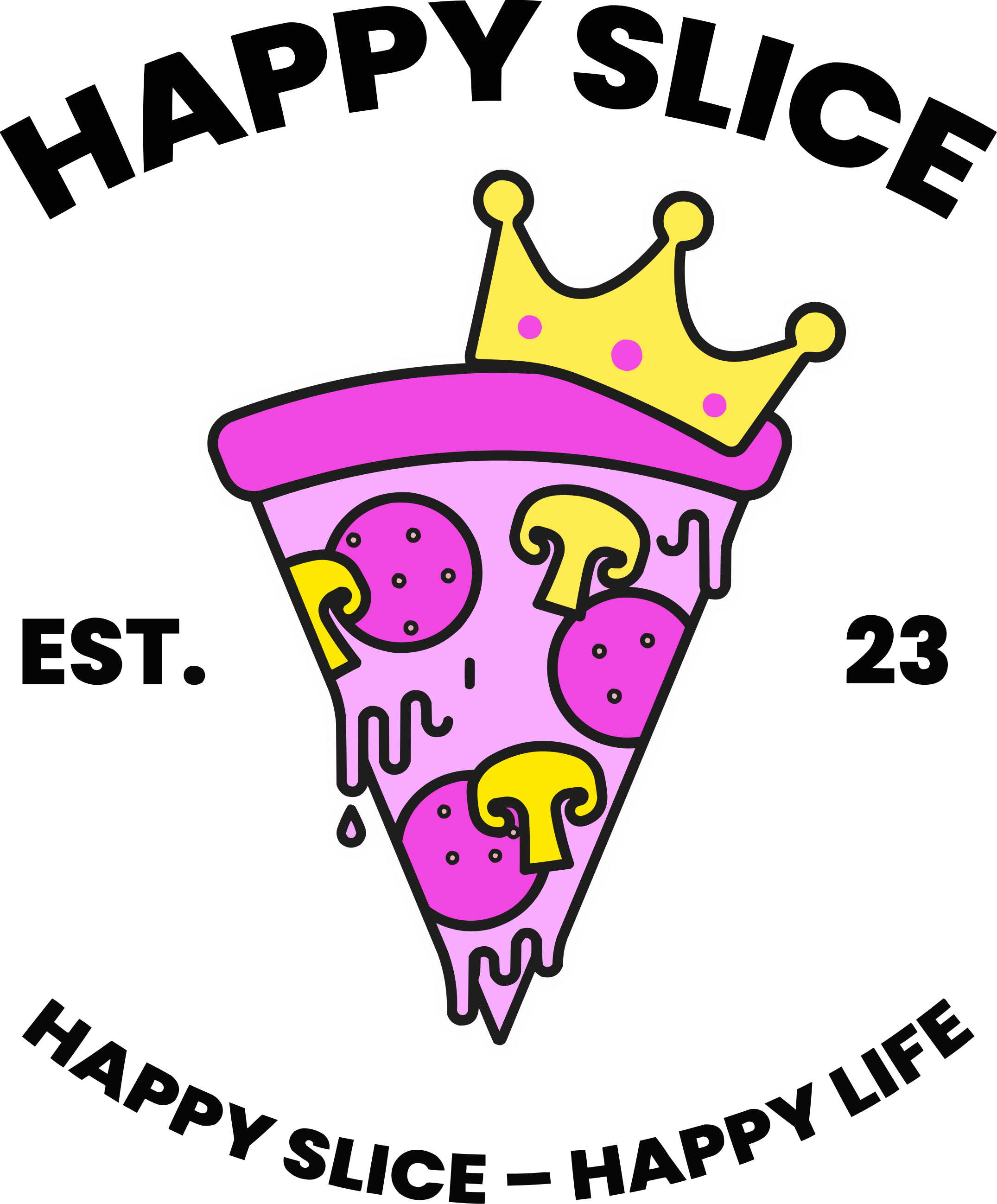A Mini Encyclopedia of Private Label














All to Know about Private Label
What is a private label?
Long story short, private label is when a product line is sold exclusively through one retailer. These are products produced by the same, or similar, manufacturers, but sold with different distribution plans (ex. one manufacturer producing an item for two different brands). However, we know that there is much more that determines a private label than just having the logo match across products. In fact, there are four well known types of private labels. These are: generics, copycats, premium store brands, and value innovators. Generic Private Labels: Generic Private labels are the cheapest priced products. They provide items that everyone needs, at a price that is affordable to everyone. Often these brands are pricing their items 20-50% below that of the brand leader. There isn’t much effort put into marketing generic private labels, partially because of the low costs, but mainly due to the inefficiency of marketing campaigns among these products. Marketing generic rice, bread, shampoo, or soap isn’t going to do a whole lot for the profits, as these are cheap products that will sell themself based on need. For this reason, the packaging is very humble and the product displays are not extravagant. Generic Private is simple, easy, and accessible. Copycat Private Labels: Copycat private labels present an opportunity for companies to stay agile and innovative. These products, which match the quality of leading brands but offer lower prices, drive competition that ultimately benefits consumers and the niche economy. The goal of a copycat private label is to leverage negotiating power with manufacturers and boost retailer share profits. By pricing their products 5-25% below the brand leader, they encourage a dynamic market environment. This competitive landscape pushes brand leaders to continuously improve their offerings and marketing strategies, ensuring they remain at the forefront of their industry. Embracing this competition can lead to enhanced product quality, more efficient operations, and greater consumer satisfaction. Brand leaders should view copycat private labels not as threats, but as catalysts for growth and innovation. Premium Store Private Labels: Premium store private labels are sold as the best product in the market. Premium stores strive to increase the added value of their products. They want to differentiate themselves, whether through the product or the physical experience when purchasing a product. Their price point is close to or higher than the brand leader prices, as premium stores are attempting to add more value than the brand leader’s products provide. The marketing of these products is crucial. They must have unique packaging and eye catching placement. Premium store private labels are looking for the win and dominance over the brand leader in any way. Value Innovators Private Labels: Value Innovators Private Labels are the brands that sell products at the same price as the generic brands, but are objectively providing the same quality as the brand leader. Value innovators have the ambition of providing the best value on the market. Their goal is to build customer loyalty, generated mainly through word of mouth. While their quality is that of the brand leader, the price is discounted 20-50% below the brand leader. In regards to their market goals, packaging must be cost-efficient, but unique enough to catch the eye of the customer. The more memorable, the better. Value innovator private labels push to be the first brand you remember and the label you stay loyal to because of the quality.
Who are examples of private labels?
Most likely, you have a private label product in your kitchen, part of your makeup routine, or stored in your closet. Let’s look at some private labels to demonstrate what we mean. 1. Lidl: While Lidl does carry hundreds of brands and products, they find high profit in manufacturing their own brand. Lidl's signature supplies their stores with everything from clothing, to outdoors equipment, to wines and cheeses, to cakes and candies. While these products are cheaper than comparable brands, their quality does not seem to be much less than. For example, Lidl’s best-selling bubbly has been voted better than Moët & Chandon Imperial Brut, while costing less than half the price. Lidl’s signature brand has proven extremely profitable, as a private label, as it accounts for over 75% of Lidl products helping reach a revenue around 29.3 billion euros. 2. AmazonBasics: AmazonBasics is a unique label as they are directly competing with retailers on their own marketplace. The brand offers athletic equipment, home furniture and decor, daily essentials, toys for children, and food, for both you and your pets. Of all Amazon’s private label brands, AmazonBasics is the highest performer, capturing 57.8% of total sales by Amazon private labels. AmazonBasics competes with high quality for a lower price point. For example, Amazon’s Lightweight Microfiber Bed Sheets have received 393,656 reviews and continue to sit at 4.5 stars out of 5. 3. MyMuesli: MyMuesli is a great example of how a company can successfully blend quality with customization in the food industry. Known for its premium, organic muesli, MyMuesli allows customers to create their own unique mixes from a wide selection of high-quality ingredients. This personalized approach not only meets diverse taste preferences but also aligns with the growing trend towards health-conscious eating. Despite the make-to-order nature of their products, MyMuesli manages to keep prices competitive, offering an exceptional value proposition. Their commitment to sustainability and transparency further enhances their appeal, earning them a loyal customer base. With its innovative business model, MyMuesli has created a significant niche in the market, driving impressive growth and solidifying its reputation as a leader in customizable, healthy breakfast options. Private label products have become an integral part of our daily lives, often offering comparable quality to well-known brands at a more affordable price. Kirkland Signature from Costco exemplifies this by providing a wide range of products, from food to clothing, which contribute significantly to Costco’s revenue. AmazonBasics showcases the competitive edge private labels can have within a massive marketplace, dominating Amazon’s private label sales with its diverse product offerings. Harrods, a symbol of luxury, extends its reputation through its private label, particularly thriving in the food segment with its premium teas. These examples illustrate how private labels successfully combine quality and value, securing their place in various consumer sectors.
Why pursue private labels?
So why does Lidl choose to sell their signature brand? Why does Amazon do so well with AmazonBasics? Why is MyMuesli choosing to pursue the food and beverage industry under their private label? I have narrowed it down to 5 main reasons on why companies pursue private labels. 1. Quality: Private label products often offer comparable quality to national or name-brand products at a lower price point. Retailers work closely with manufacturers to ensure that private label items meet or exceed industry standards, providing consumers with value for their money. 2. Value: Private label products typically offer better value for consumers compared to name-brand equivalents. By cutting out the costs associated with marketing, advertising, and brand building, retailers can pass on savings to customers, making private label options an attractive choice for budget-conscious shoppers. 3. Exclusivity: Private label products are exclusive to the retailer that carries them, providing a unique selling proposition and fostering customer loyalty. Retailers have the flexibility to tailor their private label offerings to meet the specific needs and preferences of their target audience, creating a point of differentiation in the market. 4. Control: Retailers have greater control over the entire product development process with private label items, from sourcing and manufacturing to packaging and branding. This control allows retailers to react quickly to market trends, adjust product offerings, and maintain consistent quality across their private label portfolio. 5. Profitability: Private label products can be highly profitable for retailers, offering higher margins compared to name-brand products. With lower production and marketing costs, retailers can achieve healthy profit margins while offering competitive prices to consumers, driving sales and revenue growth. In conclusion, private label products have become a cornerstone of the retail industry, offering consumers quality, value, and exclusivity while driving profitability for retailers. As exemplified by Lidl, AmazonBasics, and MyMuesli, private labels have evolved beyond generic offerings to encompass a wide range of products across various consumer sectors. The success of private labels can be attributed to their ability to deliver comparable quality to national brands at a lower price point, providing better value and exclusivity for consumers. Retailers benefit from greater control over the product development process, allowing for quick adaptation to market trends and enhanced profitability through higher margins. Ultimately, the pursuit of private labels enables retailers to differentiate themselves in a competitive marketplace, build customer loyalty, and drive sales growth. By understanding and leveraging the key attributes of private labels, companies can capitalize on this strategy to meet consumer demands and achieve long-term success in the retail landscape.





